Finance Minister Nirmala Sitharaman presented the Union Budget 2024-25, outlining a range of reforms and allocations aimed at bolstering India’s economic growth amid global uncertainties. Here’s a comprehensive overview of the key highlights:
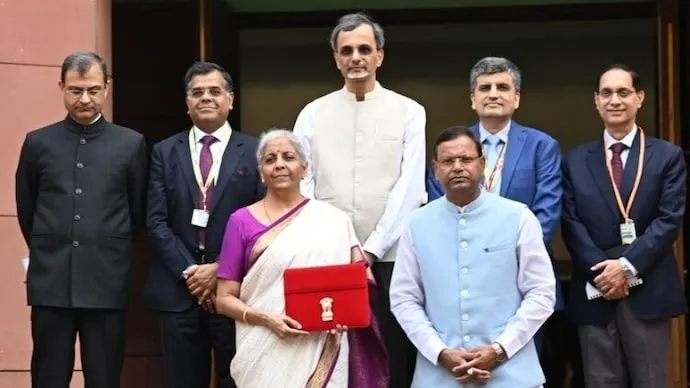
Economic Outlook and Inflation
Finance Minister Nirmala Sitharaman emphasized that despite ongoing global policy uncertainties, India’s economy continues to shine. Inflation remains low and stable, moving towards the 4% target, with core inflation currently at 3.1%. Efforts are underway to ensure adequate supply of perishable goods to stabilize prices.
Budget Themes and Priorities
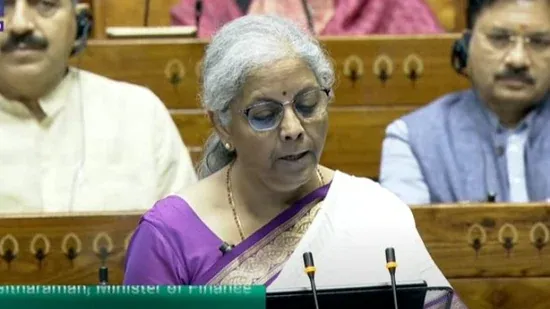
The Budget underscores four key themes: the poor (‘Garib’), women (‘Mahilayen’), youth (‘Yuva’), and farmers (‘Annadata’). It focuses on employment, skilling, MSMEs, and the middle class. Key announcements include:
· Prime Minister’s Employment Package: Introduction of five schemes to provide opportunities for 4.1 crore youth over the next five years with a central outlay of ₹2 lakh crore. An allocation of ₹1.48 lakh crore is made for education, employment, and skilling.
· Budget Priorities: The government has outlined nine priorities, including agriculture productivity, employment and skilling, social justice, manufacturing, urban development, energy security, infrastructure, innovation, and next-generation reforms.
Agricultural and Rural Development
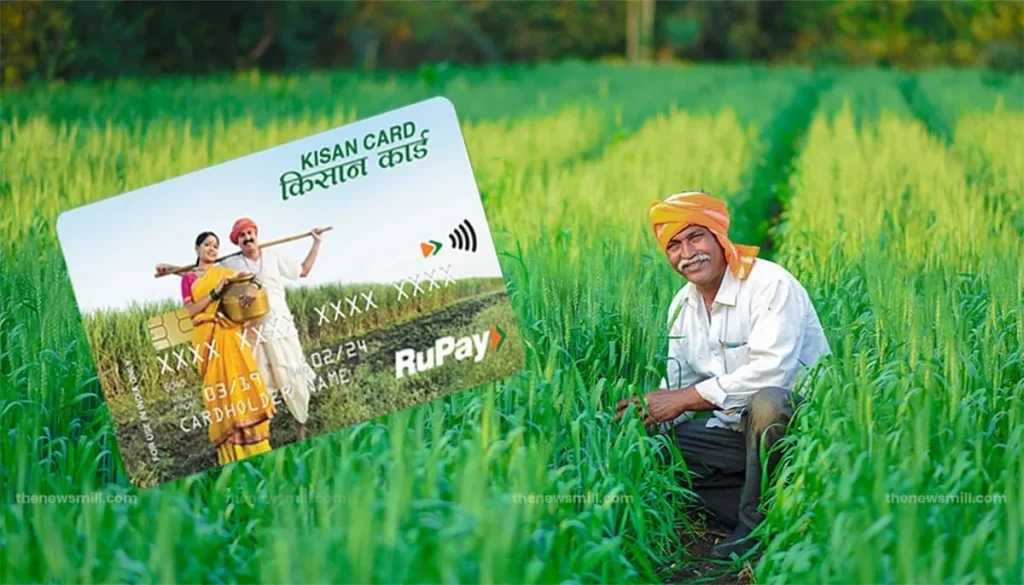
The budget includes several measures for agriculture:
- Research and Productivity: Introduction of 109 high-yielding and climate-resilient crop varieties.
- Natural Farming: Aiming to engage 1 crore farmers in natural farming over the next two years.
- Infrastructure: Establishment of 10,000 bio-input resource centres and strengthening production, storage, and marketing of pulses and oilseeds.
- Rural Development: Allocation of ₹2.66 lakh crore for rural development, including the establishment of 100 India Post Payment Bank branches in the North East.
Employment and Skilling Initiatives
Key initiatives under the employment and skilling sector include:
- Employment Linked Incentives: Implementation of three schemes to incentivize enrolment in EPFO and support for first-time employees.
- Women Workforce Participation: Setting up working women hostels and creches.
- Skilling Programs: A new scheme to skill 20 lakh youth over five years and upgrade 1,000 Industrial Training Institutes. The Model Skill Loan Scheme will be revised to provide loans up to ₹7.5 lakh.
Urban Development and Housing
- PM Awas Yojana Urban 2.0: An investment of ₹10 lakh crore to address housing needs of 1 crore urban poor and middle-class families, with a central assistance of ₹2.2 lakh crore over five years.
- Water Supply and Sanitation: Promoting water supply and sewage treatment projects for 100 large cities.
Support for MSMEs and Manufacturing
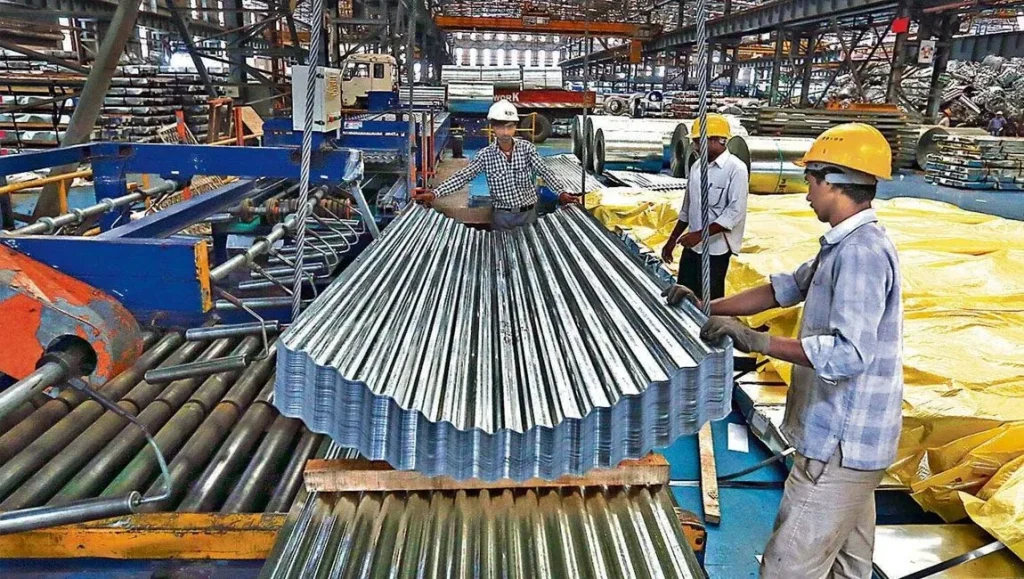
The Budget emphasizes support for MSMEs:
- Financial Assistance: Provision of a self-financing guarantee fund of up to ₹100 crore for MSMEs.
- Mudra Loans: Enhancement of Mudra loan limits from ₹10 lakh to ₹20 lakh for successful entrepreneurs.
- Food Testing Labs: Support for setting up 100 food quality and safety testing labs.
Innovation and Space Economy
- Research and Development: Operationalization of the Anusandhan National Research Fund with a financing pool of ₹1 lakh crore.
- Space Economy: Establishment of a ₹1,000 crore venture capital fund to expand the space economy fivefold over the next decade.
Tax Reforms
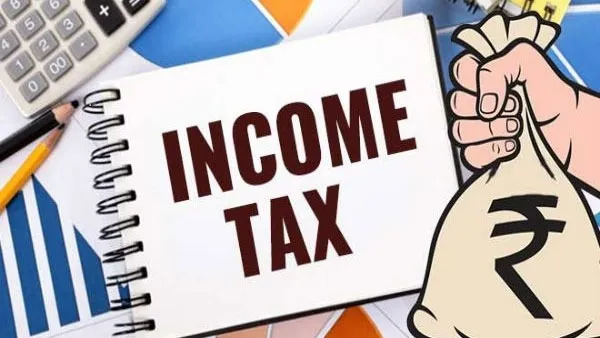
Significant tax reforms include:
- Income Tax Structure: Introduction of revised tax slabs under the new tax regime with increased standard deductions and family pension deductions.
- Capital Gains Tax: Short-term gains now attract 20%, while long-term gains on all assets will be taxed at 12.5%.
- GST and Customs Duties: Simplification of GST and reduction in customs duties on various goods to foster competitiveness and support domestic industries.
Fiscal Estimates and Economic Policy
For 2024-25, total receipts are estimated at ₹32.07 lakh crore, with expenditure at ₹48.21 lakh crore. The fiscal deficit is projected at 4.9% of GDP. The government aims to reach a deficit below 4.5% next year and has allocated ₹11.11 lakh crore for capital expenditure.
Overall, the Union Budget 2024-25 focuses on sustaining economic growth, enhancing social welfare, and streamlining tax and financial systems to support investment and development. The proposed reforms and allocations are designed to address key challenges and position India as a leading economic player on the global stage.
